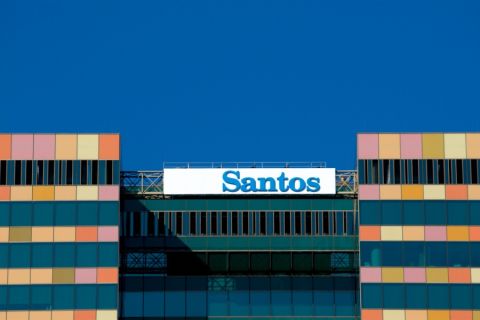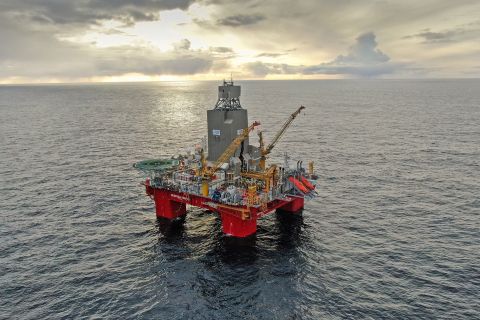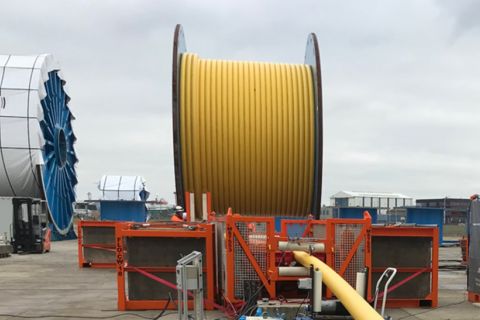Magellan Midstream Partners LP reported a drop on July 29 in its second quarter crude transportation and terminals revenue, hit by lower fees for its services and a decline in storage demand.
U.S. oil production has not recovered to its peaks even though prices have surged above $70 a barrel as producers focus on boosting shareholder returns and maintaining capital discipline.
As demand for their core services decline, major pipeline companies have been exploring ways to ship other products in those lines and considering selling stakes in operations to raise cash.
Magellan said last month it would sell its fuel terminals network in the U.S. southeast for about $435 million.
The company is adding biodiesel blending at some facilities in Kansas and Missouri and has started test movements of biodiesel blends in the pipeline, CEO Michael Mears said during the earnings call July 26.
"It's very low capital ... it's evolving and we're very positive on it."
Demand for storing oil has also plunged compared to last year as oil prices for immediate delivery are currently higher than barrels delivered in the future.
In the crude segment, transportation and terminals revenue fell $15 million in the second quarter, Magellan said.
Average tariff rates decreased as several higher-priced contracts on its Longhorn pipeline expired in late 2020, the company said.
Pipeline companies typically rely on long-term contracts that require customers to ship a certain volume of oil or pay a penalty. Over the past year, companies have been renegotiating those agreements at lower rates when they are close to expiring, to keep their customers.
Volumes on Magellan-operated BridgeTex pipeline fell to 315,000 barrels per day (bbl/d) in the second quarter compared to nearly 355,000 bbl/d a year earlier, primarily due to a drop in spot shipments in the current quarter.
In the refined products segment, total volumes for the year are forecast to be 13% higher than last year.
"We continue to see improvement in gasoline demand, especially during the peak summer vacation season and we have also seen continued improvement in distillate and jet fuel demand," Mears said.
Recommended Reading
Santos’ Pikka Phase 1 in Alaska to Deliver First Oil by 2026
2024-04-18 - Australia's Santos expects first oil to flow from the 80,000 bbl/d Pikka Phase 1 project in Alaska by 2026, diversifying Santos' portfolio and reducing geographic concentration risk.
Iraq to Seek Bids for Oil, Gas Contracts April 27
2024-04-18 - Iraq will auction 30 new oil and gas projects in two licensing rounds distributed across the country.
Vår Energi Hits Oil with Ringhorne North
2024-04-17 - Vår Energi’s North Sea discovery de-risks drilling prospects in the area and could be tied back to Balder area infrastructure.
Tethys Oil Releases March Production Results
2024-04-17 - Tethys Oil said the official selling price of its Oman Export Blend oil was $78.75/bbl.
Exxon Mobil Guyana Awards Two Contracts for its Whiptail Project
2024-04-16 - Exxon Mobil Guyana awarded Strohm and TechnipFMC with contracts for its Whiptail Project located offshore in Guyana’s Stabroek Block.




